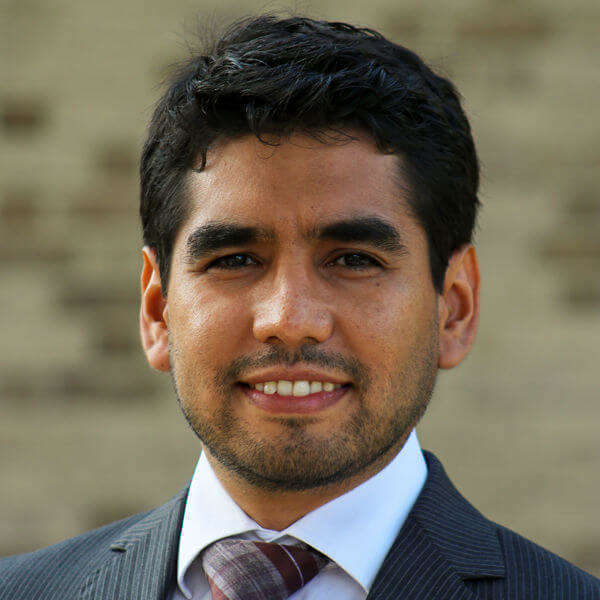Balancing perspectives
February 14, 2020
“I don't know if people just wanted to be nicer as a response, at least people who probably don't support that rhetoric, that kind of a statement.”
I would say one of the most shocking things for me here at the school is, I went to a Latinx Students Association meeting, and I walked into the room and the meeting is being conducted in English. And to me it was like, 'why is this happening?' but then I realized, not everyone who has a Latin background probably speaks Spanish. And I think that's something that is new. Well, it was unexpected, I would say, unexpected. When I'm with my Spanish speaking friends I try to [speak Spanish]. But you know, if there is someone who doesn't speak Spanish, I try not to because, you know, they would be excluded.
The first time I visited New York, we were staying with friends and family who live there. I was surprised by the - I mean, the landscape doesn't look like Mexico, but you can - in that neighborhood, you can enter a restaurant it's 100 percent like you would enter a restaurant in Mexico, right? You go to a gathering at someone's home, and it totally feels like you're in Mexico. But then again, I'm talking about immigrants. I think their children, it's what becomes, like, another story, because you start seeing that these dynamics, like they're talking to their kids in Spanish, the kids reply in English, or the kids reply in Spanish with a very, very heavy English accent. So I think those are the – that was - I mean the immigrants are immigrants, right? They are Mexican, just living here, but the kids is a different story, which is normal. It's understandable.
And what I think is that - this is what we talk a lot about outside the US, is that even Trump is - President Trump, he says inflammatory things a lot, but it's, like, part of an act. The foreign policy of the US - at least towards Mexico - hasn't changed much. I mean, so I think practically speaking, like, for example, the border right has been there, the deportations have always been there. I mean, still, up until today, I think Obama deported more people than what Trump has deported. The wall was there, really, so it's nothing very new.
I think what has increased domestically is, for example, the attacks or the hate crimes or the aggressions, because of the endorsement or the rhetoric of the president probably makes people more free to engage in that. But I have not experienced any of that, to be honest, basically because I remained here on campus. It was interesting to me - for example, I went to a friend's house about an hour from here last semester. Someone said, like, 'this is the real Indiana,' and it was just interesting for me to see, like, a big pole with a confederate flag.
What I did notice is that after the election of Trump, people obviously became very polarized in the U.S. And usually, the only time where I have faced, like, aggressions is when entering the country at the airport, with the immigration agent. But I noticed that after the election of Trump, I experienced a lot less of that, I think because probably people who do not - this is completely my theory - but it's true that I started noticing that a lot less. I don't know if people just wanted to be nicer as a response, at least people who probably don't support that rhetoric, that kind of a statement. So that people wouldn't feel attacked or something.
About the interviewer
John (Jack) Lyons is a member of the Class of 2021 at the University of Notre Dame. He majors in theology and is a member of the John W. Gallivan Program in Journalism, Ethics, and Democracy.

Hugo Ernesto Flores Navarro
Hugo Ernesto Flores Navarro is a graduate student in the Keough School of Global Affairs, studying global health. He is the former executive director of Partners in Health in Mexico.